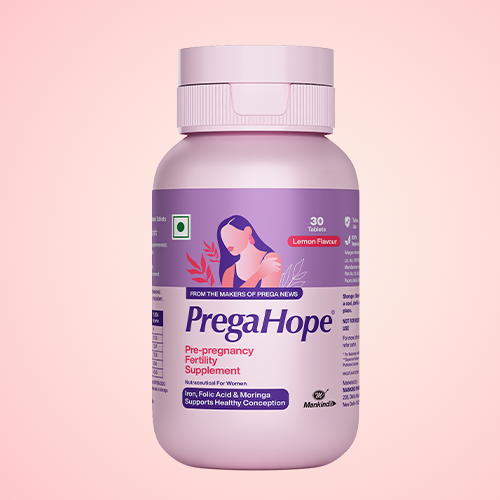Factors That Effect Fertility
Our conception and ovulation calculators will help you plan out when the best time is for conception, but sometimes there might be many other factors that are preventing you from becoming a mother. Here are a few reasons why many women find it hard to get pregnant.
WOMEN’S ISSUES
General Health Factors
- Being overweight: Body fat levels that are 10 to 15 percent above normal can overload the body with estrogen, throwing off the reproductive cycle.
- Being underweight: Body fat levels 10 to 15 percent below normal can completely shut down the reproductive process. Having a hormonal imbalance: Irregularities in the hormone system (characterized by irregular menstrual cycles or short, long, or heavy periods) can affect ovulation.
- Having an autoimmune disorder: Diseases such as lupus, diabetes, thyroid disease, and rheumatoid arthritis can interfere with fertility.
- Taking medication: Antidepressants, antibiotics, painkillers, and other drugs used to treat chronic disorders may cause temporary infertility.
- Using tobacco or alcohol: Smoking may increase the risk of infertility in women, and even moderate alcohol consumption (as few as five drinks a week) can impair conception.
- Being exposed to occupational or environmental hazards: Prolonged exposure to high mental stress, high temperatures, chemicals, radiation, or heavy electromagnetic or microwave emissions may reduce a woman’s fertility.
Fallopian Tube Disease
Fallopian tube disease accounts for about 20 percent of infertility cases treated. Since tubal scarring or blockage is often caused by sexually transmitted diseases (STDs), pelvic inflammatory disease, or certain surgeries, alert your doctor if you’ve had:
- An STD, such as gonorrhea, syphilis, or chlamydia
- Pelvic pain, unusual vaginal discharge, and/or bleeding, with or without a fever
- Pelvic surgery for a ruptured appendix, ovarian cysts, or an ectopic pregnancy (a pregnancy that takes place outside of the uterus, usually in the fallopian tubes)
If a doctor suspects a problem, he or she can perform a hysterosalpingogram — an X-ray that can evaluate the condition of the uterus and determine if the fallopian tubes are obstructed.
Endometriosis
Endometriosis is a condition in which tissue from the uterine lining grows outside the uterus, on the ovaries, fallopian tubes, bladder, and/or bowel. Research indicates that it accounts for between 5 and 30 percent of female infertility. Several factors may contribute to infertility, including:
- Scar tissue: Rigid webs of scar tissue may form between the uterus, ovaries, and fallopian tubes, preventing the transfer of the egg to the fallopian tubes.
- Cysts: Endometrial cysts may grow inside the ovaries and prevent the release of the egg or its collection by the fallopian tube.
- Poor egg implantation: Endometriosis may prevent the fertilized egg from adhering to the uterine wall.
Sexually Transmitted Diseases (STDs)
Some STDs are asymptomatic and lie undetected in women. (For instance, 70 percent of women with chlamydia show no symptoms and consequently, don’t seek treatment.) The bad news is that STDs can lead to tubal scarring, ectopic pregnancy, other reproductive problems, and ultimately infertility if left untreated. To reduce this risk:
- Use latex condoms to stop diseases from spreading
- Consider that people with multiple sex partners are at the highest risk for STDs
- Detect and treat infections early if possible (both partners should be treated if either has an infection)
MEN’S ISSUES
The following is a partial list of risk factors that may contribute to male infertility,
- Being a smoker: Smoking impairs the ability of sperm to move (its motility).
- Using alcohol: Having more than one or two drinks a day can affect the quality and quantity of sperm, lower testosterone levels, and contribute to erectile dysfunction.
- Taking illegal drugs: Cocaine or heavy marijuana use may temporarily reduce the number and quality of sperm by as much as 50 percent.
- Taking prescription drugs: Some medications, such as those for ulcers or psoriasis, can slow or prevent the production of sperm. Being exposed to toxic substances or hazards on the job: Chronic exposure to elements such as lead, cadmium, mercury, hydrocarbons, pesticides, radioactivity, and X-rays may have an impact on sperm count and quality. Exposing genitals to heat: The frequent use of saunas, steam rooms, hot tubs, whirlpools, and hot baths can temporarily impair sperm production and reduce sperm count.
- Having certain conditions or illnesses: Men with a history of prostatitis or genital infection, mumps after puberty, surgery on their hernia, undescended testicles, or scrotal varicose veins (varicocele) may also experience a decrease in fertility.
For more pregnancy tips from delicious and healthy recipes for your pregnancy diet to learning how to use the pregnancy kit properly, check out the rest of our site.









































Leave a comment